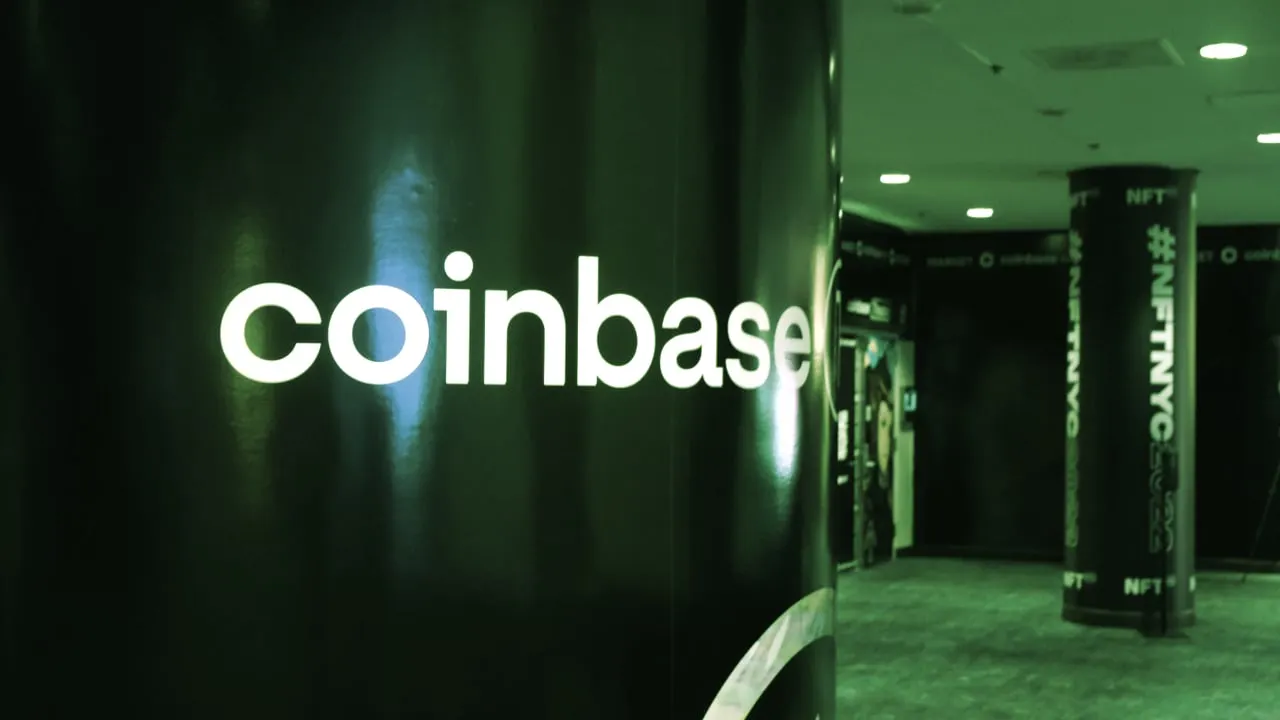Coinbase is confident that its Coinbase Custody Trust Co. (CCTC) will remain a qualified custodian even if new rules proposed by the SEC come into play, according the company's chief legal officer Paul Grewal.
Coinbase Custody Trust is a New York-based business that provides cold storage for third-party investors' digital assets. The SEC on Wednesday published a rule-change proposal that seeks to enforce much stricter provisions governing where registered investment advisers can custody cryptocurrency on behalf of their investors, limiting such investments to what are known as “qualified custodians.”
These custodians must adhere to a stricter set of regulations, including keeping funds in a siloed account, unmixed with their own funds or those of other organizations.
Coinbase’s Grewal told Decrypt that his firm supports the SEC's proposal and fully agrees that “investors deserve to feel confident their assets are safe.” Grewal added that its custodial clients' assets “are segregated and secured.”
“We commend the SEC for recognizing Coinbase Custody Trust Co. (CCTC) is a qualified custodian, and after today’s SEC proposed rulemaking, we are confident that it will remain a qualified custodian,” said Grewal.
Crypto industry cautious over custody
SEC Chair Gary Gensler didn’t mince words when it came to criticizing the practices of some crypto custodians.
In the proposal, Gensler said that “though some crypto trading and lending platforms may claim to custody investors’ crypto, that does not mean they are qualified custodians.”
Gensler said that certain platforms have commingled investor assets with both their own or other investors in the past, leaving these “investors in line at the bankruptcy court” when such platforms have gone bankrupt.
In the wake of FTX's high-profile collapse last November, which saw the crypto exchange mix user funds with its sister trading firm Alameda Research, investors have been on high alert regarding how trading platforms custody their assets.
One such development to cool investors' nerves has been the rise of reserve reports, with exchanges like Binance, KuCoin, ByBit, and others providing users with attestations as to how they manage their reserves.

